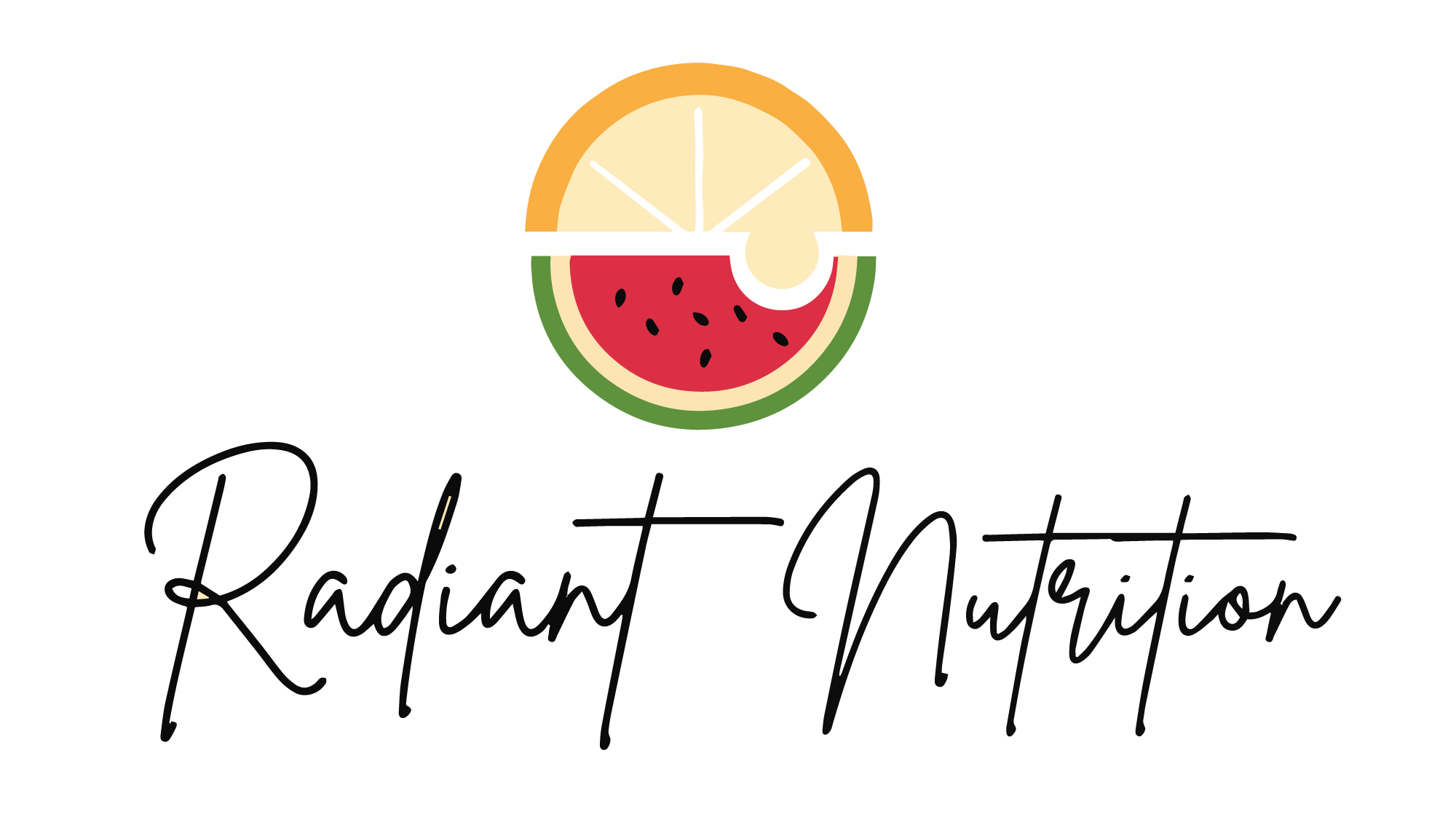Post-Christmas Blues
Christmas has come and gone yet again!
If you were lucky enough to have an enjoyable holiday season, the post-Christmas stretch to New Years Day can leave you thinking, “What’s Next?”. With relatives returning home, and routines and schedules beginning to rev up again, you may even find yourself feeling down. The official term for this is “post-holiday blues” and can be experienced by many. In fact., a survey published by the National Alliance on Mental Illness, found that 64% of participants responded that they were affected by this condition.Signs of the post-holiday blues vary, but common symptoms are sadness, apathy, restlessness, loneliness, irritability and even muscle tension, poor sleep, and changes in appetite.
Post-holiday blues may be influenced by increased pressure to “be happy,” entertain more, buy gifts, or live up to certain expectations which can contribute to stress or anxiety. Other factors may be having to return to work after extended time away, financial strain due to gift-giving, difficult memories associated with the holiday season, grief and conflict. Changes in sleep, movement, and eating patterns can also indirectly affect mood.
To mitigate some of these symptoms consider the following strategies:
Allow yourself to do some type of physical activity. Getting outside can make a big difference in your mental health!
Journaling about the events of the holidays, thoughts, and emotions
Putting attention to upcoming sources of excitement or something to look forward to in the coming year. (I love planning a short trip somewhere new.)
Finding ways to maintain social connection, whether through friends, family, or community groups
Engaging in enjoyable hobbies and activities
Drinking fluids and trying to get some color on your plate is always a good way to keep your GI system regular and helps boost the immune system.
The most important thing moving forward into the new year is to find what works for you. If you are working towards a new relationship with food and exercise, try to stay away from the fad diets that often spring up around this time of year. “New year, new me” content can be toxic if you have a history of dieting. Instead, let us help you develop a plan that is sustainable for YOU! Remember to talk to your support system. You are never alone!
Written by Trinny Duncan, Student Intern and Peggy Pratt, PhD, RDN, LDN, CEDS-C

